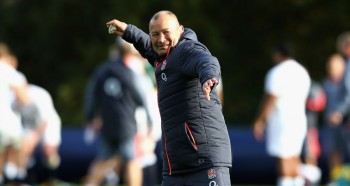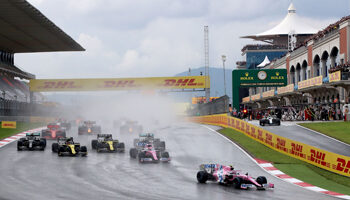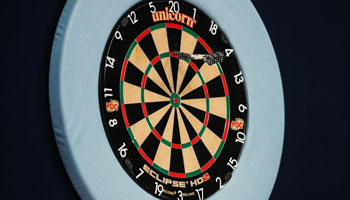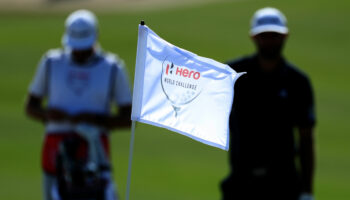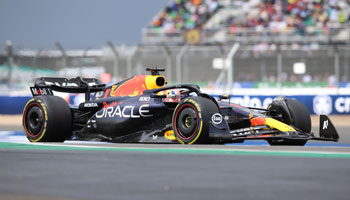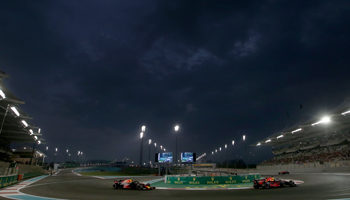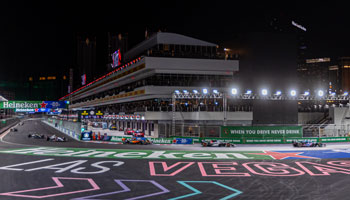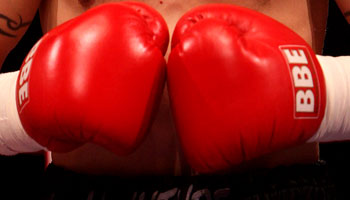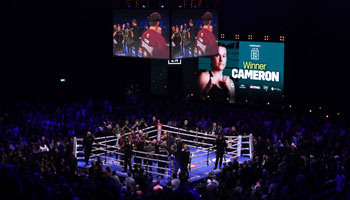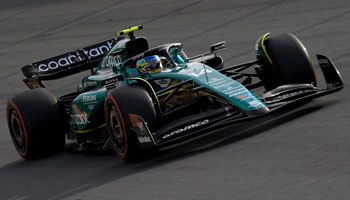With the typhoon-battered pool stage of the Rugby World Cup now over, attention has turned swiftly to the knockout rounds where the eight remaining teams are vying for glory.
We’ve analysed every full international match since the tournament was established in 1987 for clues about how the rest of the competition will pan out.
Who has the best route to the final?
Ireland’s win over New Zealand back in November makes them possible dark horses, as the only other northern hemisphere team to have defeated the All Blacks in the run-up to a World Cup was the England side that went on to triumph in 2003.
England will at the very least be hoping that the Irish can repeat the trick in this year’s quarter-finals given the Kiwis are the only remaining side to have out-scored them in head-to-head meetings during the World Cup era.
While Australia and England have inflicted a similar amount of damage on Ireland in recent years, meaning that Irish fans won’t have a strong opinion about who they face should they reach the semi-finals, Wales will surely be much keener to meet hosts Japan than a South Africa side that has outscored them by a double-digit margin in this period.
Recent meetings are a solid predictor of World Cup encounters, with over 70% of matches going the same way as prior fixtures played within 18 months of the tournament. This bodes well for England and Wales, who each defeated their quarter-final opponents at the last time of asking.
Where could we see the most excitement?
For starters, we’re expecting to see plenty of dramatic turnarounds in the latter stages of this tournament. In each of the last five renewals, the proportion of matches in which the result changed between half-time and full-time has been steadily increasing, from just over 12% in 1999 to over 20% in 2015.
With only four games having seen a second-half recovery so far this year, it would be unusual for the knockout stages not to serve up a few dramatic twists.
Neutral fans should tune into Japan versus South Africa during the quarter finals given the average of 57 points that their encounters have served up on average during the World Cup era.
Those looking for a close game – and perhaps one of the aforementioned turnarounds – would be better off following England’s meeting with Australia, with their matches in this period having been settled by an average of just over four points.
Which players can each nation rely on?
The emergence of England’s young Fiji-born winger Joe Cokanasiga has come at the perfect time for fans hoping for a repeat of 2003. His return of seven tries in his first nine appearances makes him the squad’s most prolific scorer and with his second having come against quarter-final opponents Australia there’ll be plenty of eyes on him this Saturday.
While the England side contains plenty of other players capable of scoring tries, their dependence on one man to handle conversions makes them somewhat unusual among this year’s quarter-finalists.
Captain Owen Farrell is one of only three regular kickers in the last eight to have an average of over two conversions per match – the other two unsurprisingly being Kiwis – but George Ford is the only other player to have scored one since the last World Cup.
Six of the other seven teams have at least three players who have scored a minimum of five each in that period, and the seventh – South Africa – have shared their duties far more equitably.
Join bwin today and receive up to £10 money back as a FreeBet if your first wager at odds of 1/1 (2.0) or greater is a loser! Terms and conditions apply.
